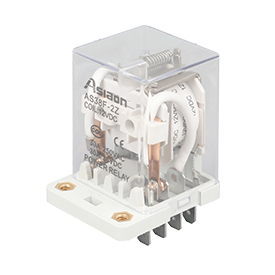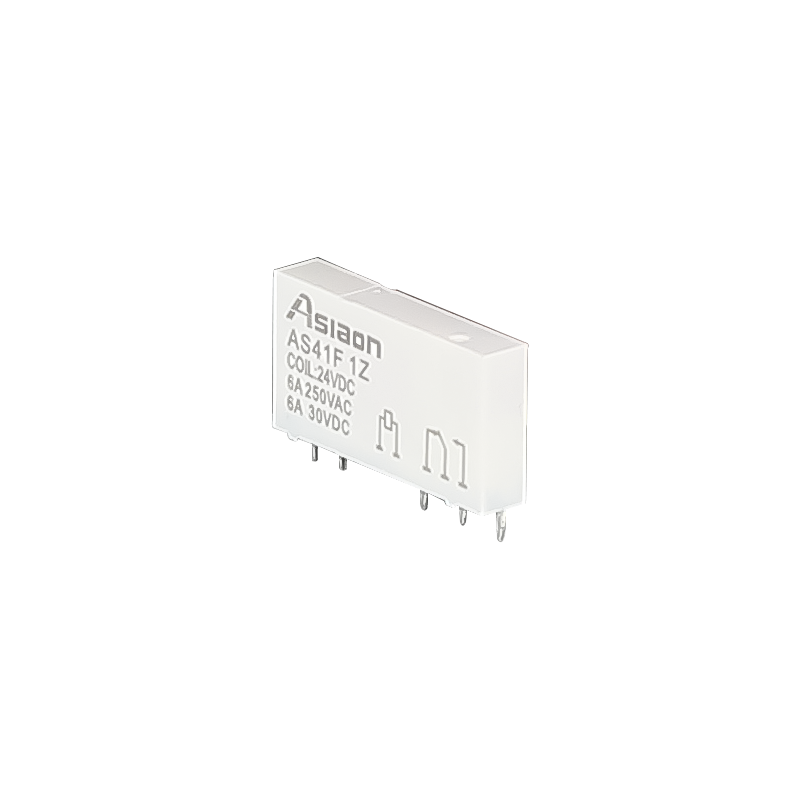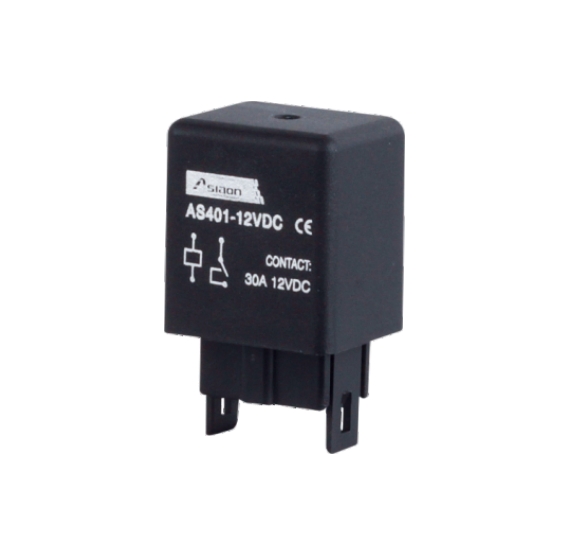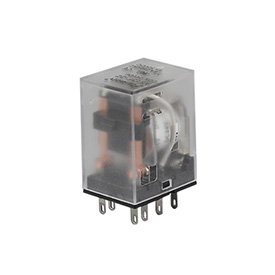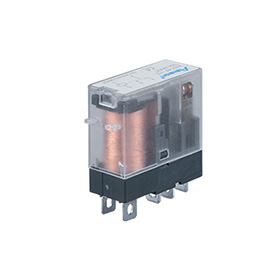Measurement methods for power relays
Measurement methods for power relays.
There are four test methods for power relays, among the commonly used relays. Relays are often used in various industries, such as automotive, electrical and electronic products. The role of the relay is to protect the circuit, limit the current and achieve the effect of closure.
1. Measure the contact resistance.
Use a multimeter resistance file to measure the resistance of normally closed contacts and moving points, the resistance should be 0 (contact resistance is more accurate to measure within 100 mω); normally open contacts and moving points between the resistance of infinity. This can be distinguished from a normally closed contact, a normally open contact.
2. Measure the coil resistance.
You can use a multimeter r × 10ω to measure the resistance of the power relay coil, so as to determine whether the coil is open circuit.
3. Measure the suction voltage and current
Find an adjustable regulated power supply and ammeter, give the power relay a set of voltage input, connect the ammeter in the power circuit for monitoring. Slowly increase the power supply voltage, and when you hear the closing sound of the power relay, write down the closing voltage and current. To be precise, try several times and take the average value.
4. Measure the release voltage and current.
It is also the connection test mentioned above. After the power relay is absorbed, the power supply voltage gradually decreases. When the power relay is released again, record the voltage and current at this time, or get the average release voltage and current by several attempts.
 中文
中文 Русский
Русский Español
Español